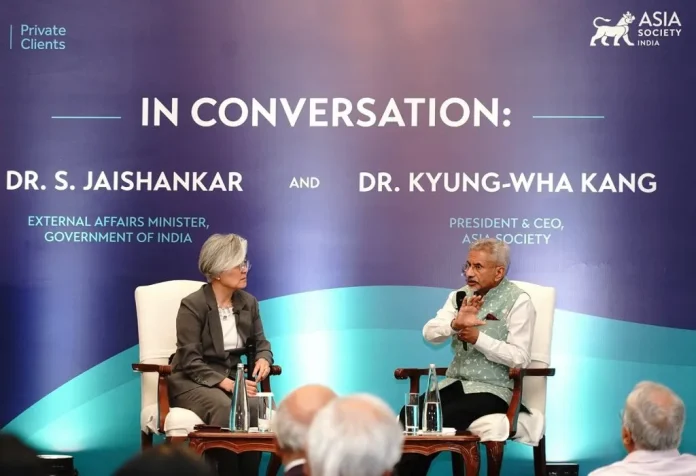NEW DELHI, March 27: India and China are working to rebuild their ties, which were severely impacted by the Galwan valley clashes of 2020, as a tense relationship would not benefit either country, said External Affairs Minister S. Jaishankar on Wednesday.
In an interactive session hosted by the Asia Society, Jaishankar acknowledged that while there may be future differences between the two nations, these differences should not escalate into disputes.
The Galwan clashes in 2020 were described by Jaishankar as “traumatic for the relationship,” not just due to the bloodshed, but also because of the breach of written agreements. He emphasized that the departure from the terms of previous agreements was substantial and sharp. Jaishankar pointed out that the impact of the 2020 incident is still being dealt with and has not completely faded from the diplomatic landscape.
Since October 2024, however, there has been a noticeable improvement in the relationship between India and China. A disengagement pact for Depsang and Demchok, the last two friction points in eastern Ladakh, was formalized in October. Jaishankar mentioned that he and other senior Indian officials had met their Chinese counterparts on multiple occasions to address the issues.
Jaishankar expressed the belief that rebuilding the relationship is in the mutual interest of both nations. He emphasized the importance of preventing differences from turning into disputes, as India and China, despite their competition on various issues, should not let those differences lead to conflict.
Addressing the broader issue, Jaishankar noted that a tense relationship between the two countries serves no one’s interest, particularly considering the large number of troops stationed along the border and the collateral damage caused to bilateral relations. He stressed that peace and tranquility in the border areas are crucial for maintaining overall harmony in the relationship.

